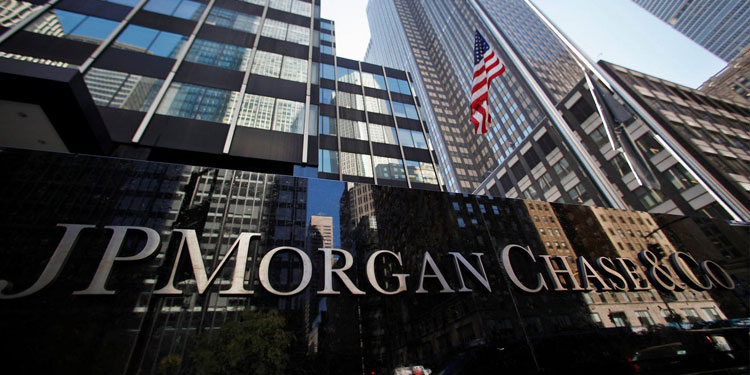
BlackRock Utilizes Tokenized Collateral Network in Landmark Transaction
The utilization of the TCN marks a paradigm shift in the speed of collateral movement, far surpassing the traditional day-long settlement process. Leveraging blockchain technology, this pioneering application has the potential to enhance operational efficiency on a broader scale, allowing previously locked-up capital to be promptly available for use as collateral in ongoing transactions.
A Groundbreaking Transaction:
JPMorgan Chase & Co. announced on Wednesday that BlackRock, the global asset management giant, tokenized its money market fund shares, providing them as collateral to Barclays in a significant over-the-counter derivatives deal.
Tokenization for Rapid Settlement:
The implementation of TCN, combined with JPMorgan’s Ethereum-based Onyx blockchain, facilitated an almost instantaneous transfer of collateral. This stands in stark contrast to traditional settlement processes, which would typically take a full day to complete. Tyrone Lobban, the Head of Onyx Digital Assets at JPMorgan, emphasized that asset tokenization enhances capital efficiency by unlocking funds that can be swiftly used as collateral in new transactions.
Expanding Horizons:
JPMorgan has ambitious plans to extend the utility of its blockchain-based collateral settlement system. Ed Bond, the Head of Trading Services at JPMorgan, conveyed their intentions to allow client institutions to use a variety of assets as collateral, including equities and fixed income. This expansion aims to bring greater flexibility and convenience to the financial industry.
JPMorgan’s Ongoing Blockchain Endeavors:
JPMorgan’s foray into the tokenization of traditional financial assets began in 2015 when they initiated their blockchain program and introduced Quoruom, a permissioned fork of the Ethereum network. Their consistent efforts in this domain have culminated in this momentous achievement.
The Wider Blockchain Landscape:
The commercialization of blockchain technology within the financial sector has been steadily progressing. JPMorgan’s bold exploration of its potential has set a precedent for other major financial institutions. Citigroup, the third-largest bank in the United States, launched Citi Token Services in September. This blockchain-based cross-border payment solution employs tokenized deposits and smart contracts for real-time settlements, adding to the growing adoption of blockchain technology within the financial sector.
Conclusion:
JPMorgan’s introduction of the Tokenized Collateral Network (TCN) and its utilization by BlackRock in an over-the-counter derivatives transaction mark a significant milestone in the financial industry. The swiftness and efficiency of blockchain-driven collateral settlements are poised to revolutionize the way financial transactions occur. As the financial sector continues to explore the vast potential of blockchain technology, the future holds the promise of more innovations that will enhance the efficiency and reliability of financial operations.